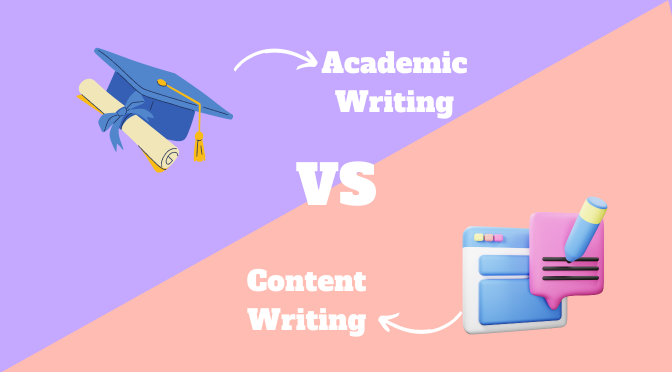Trolling seems to be an increasingly common tactic for gaining attention in a crowded marketing environment. A clever message or post directed at a competitor can get a lot of likes, shares, and retweets—Wendy’s roasts of competitor McDonalds are a popular example. But while such messages get attention, there are also many downsides to trolling. Consider the following questions and answer them carefully before trolling your competitors.
Does Trolling Fit Your Brand Image?
This is definitely the first question you should ask. Who are you and who does your brand represent? Does trolling your competitors fit with who you are as a brand? Some businesses will say yes, while others will say no. If the answer is no, then you should not troll your competitors as it’s unwise to do anything that is out of sync with your core brand principles. If the troll doesn’t fit with your brand, it will just confuse your customers and come off as inauthentic.
Does Trolling Raise the Quality and Value of Your Brand?
If trolling is in line with your brand image, the next thing you should consider is whether or not trolling will increase the quality and value of your brand. Sure, a snarky comment might get likes and shares, but how would the post affect public perception of your brand? Do you think better of a brand because it trolled its competitor?
While Wendy’s comment about McDonald’s made you laugh, did it improve your view of Wendy’s as a brand? Did it make you more likely to eat there?
Does Trolling Give Long-Term Results? Is It Worth the Commitment?
If the perception and value of the brand are top priorities, you must consider whether or not trolling increases the value of the brand in the long run. And if the gains are the only short term, are they worth the risks?
Trolling can definitely gain short-term attention, but I don’t think it improves a brand’s image over the long run. First of all, it’s hard to be clever all the time. People will expect you to one-up your last post, and that may prove to be difficult.
Plus, sassy comments tend to get old eventually. While a back and forth between brands may be entertaining at first, such exchanges have a tendency to either get stale and boring or get taken too far. Neither is good.
Also, trolling in a way that is funny and entertaining without taking it too far is an art in and of itself—one not everyone can do. Wendy’s does a great job of poking fun without coming across as mean-spirited, but I’m not sure every company can do this.
Another thing to consider is retaliation. If you are aggressive towards a competitor, expect them and their loyal customers to come after you eventually. You will likely find yourself the subject of someone else’s jokes, and then you will have to decide how to respond. In short, don’t dish it out if you can’t take it.
It’s also important to understand that those who criticise are less likely to be tolerated or forgiven when they do something wrong. If you are always trolling your competitors, you will probably not be given much slack if something goes wrong with your brand.
If you make fun of the quality of your competitor’s products, for example, you won’t be given much sympathy if your products get recalled. More than likely, your competitor’s counterattack will be relentless.
Finally, once you start being aggressive, it’s hard to step back down. If you’re going to troll, be prepared to commit.
Could Your Energy Be Better Spent Elsewhere?
Effective trolling takes a lot of work, and in most cases, that energy could be better spent elsewhere. Would building relationships with your customers be more effective in the long run than attacking your competitors? In most cases, the answer is probably yes.
While there are examples of effective trolling, the long-term success of the tactic remains to be seen. For most businesses at least, the risks probably outweigh the rewards. Carefully consider the questions above and how they apply to your brand before starting a trolling campaign. Doing so will give you a better indication of the potential pros and cons of trolling your competitors.
Author Bio:
Matt Ramage has been marketing websites for over 20 years. He loves helping businesses improve their user experience and searchability on the Internet. Matt now heads Emarketed which is located in Los Angeles, California. They specialize in SEO, social media marketing and web development.



